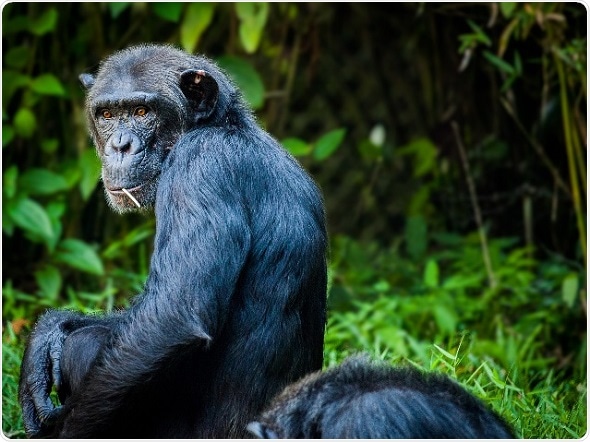
Antimicrobial signaling molecule has lower activity against hepatitis C virus in most humans
An antimicrobial signaling molecule called IFNλ4 has lower activity against the hepatitis C virus in the vast majority of humans compared with chimpanzees and African hunter-gatherer Pygmies, according to a study published October 11 in the open-access journal PLOS Pathogens by John McLauchlan’s research team at the MRC-University of Glasgow Centre for Virus Research in the UK, and colleagues.

Credit: DaFranzos, Pixabay (2016)
As antimicrobial signaling molecules, type III or lambda interferons (IFNλs) are critical for defending against infection with diverse pathogens, including bacteria, fungi and viruses. Counterintuitively, a natural mutation that prevents IFNλ4 production improves hepatitis C virus clearance in humans. However, the underlying mechanisms remain poorly understood. To further understand how genetic variation affects IFNλ4 function, McLauchlan and his colleagues screened a comprehensive panel of all natural human IFNλ4 variants for their antiviral potential and carried out a comparative analysis with related species.
Remarkably, the most common form of human IFNλ4 is less able to protect cells from pathogenic virus infection than the equivalent protein from our closest living relative, the chimpanzee, due to a single amino acid substitution. African hunter-gatherer Pygmies also have a more active IFNλ4, which was likely reacquired following the divergence of chimpanzees and humans. The findings suggest that the evolution of the interferon lambda 4 (IFNL4) gene has placed humans at a disadvantage when infected with pathogens such as hepatitis C virus. The driver of reduced IFNλ4 antiviral activity in humans remains unknown but likely arose in Africa very early during human evolution between six million and 360,000 years ago.
John McLauchlan and Connor Bamford, the first author on the paper, commented:
Source:


































No hay comentarios:
Publicar un comentario